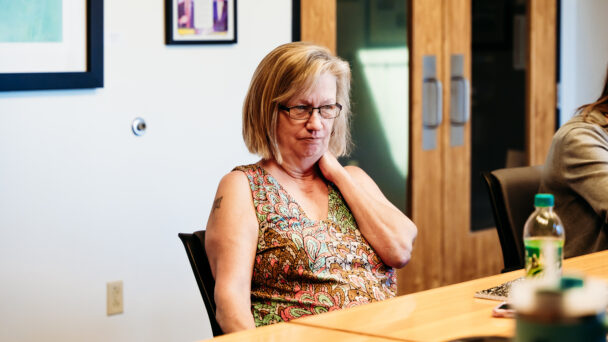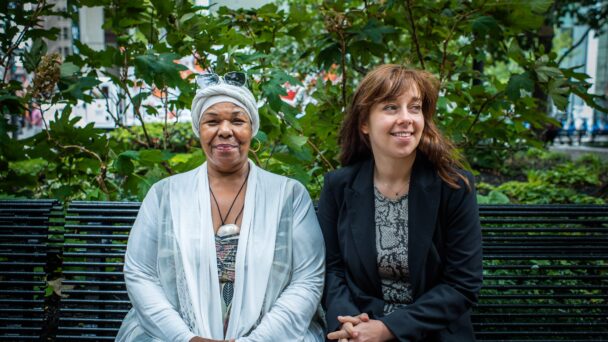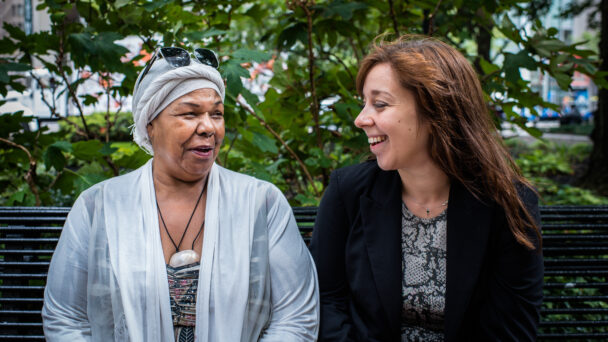Closing the Coverage Gap and Making Care Available for Caregivers
We’re in a caregiving crisis. We need more caregivers – and we’re not providing the care they need. Caregivers are doing critical work in our communities and playing key roles…
If you don’t pay your medical bill, the provider can sue you for payment or sell your debt to a collection company. If you fail to pay your bills, it can also hurt your credit score. However, some states have laws that prohibit health care providers from using certain collection practices against patients to collect unpaid medical bills.
View this resourceThe COVID-19 pandemic has exacerbated historical and persistent disparities in health and highlighted the impact of systemic and structural racism among marginalized racial and ethnic communities.
View this resourceMany non-profit hospitals aren’t living up to their promise to community – and it’s having significant impacts on the health and financial security of people. With 4 in 10 adults experiencing health care debt in America, and the majority of individuals who are in debt to hospitals having insurance, it’s clear the problem is widespread and deserves federal action.
View this resource
We’re in a caregiving crisis. We need more caregivers – and we’re not providing the care they need. Caregivers are doing critical work in our communities and playing key roles…

Community engagement is a powerful tool that can build trust, advance race equity and health justice, create cost-savings and efficiencies for health systems, and lead to healthy and thriving communities. …
Due to the predicted growth in the population eligible for long-term services and supports (LTSS), states continue to explore ways to reduce budget risk, improve the delivery of services, and…
More than 100 million people in the United States – 41 percent of adults – have unpaid health care bills. While medical debt is widespread, the burden falls disproportionately on…

Family caregivers are often overlooked and undervalued in our society – we’re working to change that. Every day, millions of people in communities across the country care for their loved…
Health plans serving rural service areas confront significant health care delivery challenges, including lack of access to health care, provider workforce shortages, food deserts, poor transportation infrastructure, and inconsistent Internet….
On April 24, 2024, Miriam Straus, Senior Policy Analyst at Community Catalyst, testified at the Federal Trade Commission’s virtual hearing on the review of unfair or deceptive fees, commonly known…

What are facility fees? Facility fees are charges that are aimed at covering operational expenses of hospitals. Facility fees are billed separately from professional fees, which charge for the services…
Dual Eligible Special Needs Plan (D-SNP) Enrollee Advisory Committees (EACs) are tasked with working to improve access to covered services, coordination of services, and health equity for underserved populations under…
A Partnership Approach to Advancing Racial Equity and Health Justice in Home and Community-Based Services When the the American Rescue Plan Act (ARPA) passed in 2021, it sent a…
Let’s unite for health justice. Together, we’ll work toward a more just and equitable health system.
Take Action